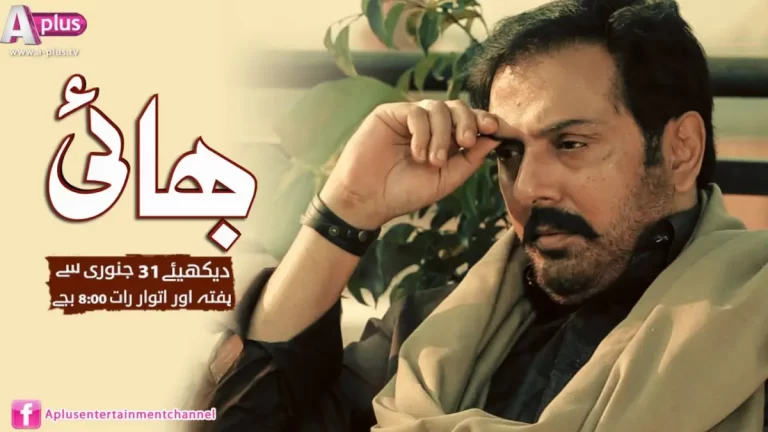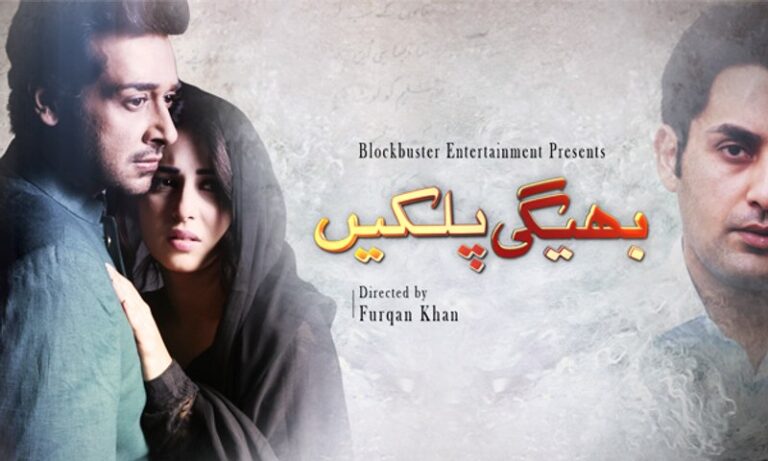From reflecting on the past, and dealing with ones’ internal conflicts to now having to face the present and others in society. That face that we have to show the world and the oft repeated phrase that we and others have to answer on our behalf – log kya kahainge?
In this search for external acceptance, why is it that no one actually asked Laila, Beta, kya hua?
Is the polished aura of respectability so important that no one even cares to ask why? Leaving your home in the dead of the night, and just a ‘We don’t get along’ feels a little flimsy in light of her real suffering. If Laila’s mother is worried about ‘Baba ki kis kadar izzat thi’ and her absent brother is worried about the implications of her actions on his sasural, isn’t Laila equally safe guarding Mansoor’s izzat by not telling her family the truth?
Clearly Mansoor has no such compunctions and easily slides the blame. Blame that both Laila’s mother and brother unquestionably accept and repeat to her. Hooker, slut – more labels, more judgment ironically of Laila not Mansoor, of Mrs Khan’s nand not her dewar. It is exactly these double standards and the hypocrisy of society that Bee Gul calls out.
Is it that mothers don’t know their daughters suffering? Shohar kya kya nahin karte? Still you are the one expected to call him, placate his ego, apologize and move on. Stop dreaming as her mother aptly says – baacchi nahin ho, shaddi shuda ho, ek bacchi ki maa ho. That remains a woman’s pehchaan in the patriarchal culture we live in but Laila refuses to subject herself to that any longer.
Her mother’s prescription for daughter’s restlessness – taveez, dum kiya hua paani, gajjar ka muraabba – all to increase her bardasht. That other pillar of strength we women are shown as role model be stoic, be patient, bear it all with forbearance.
That brilliant shot of Laila at the cluttered vanity with her own crowded thoughts – a marriage she unwillingly acquiesced to, a dream she destroyed, hopes that were crushed – ended with clarity not confusion Her firmly clasping the taveez and walking away, lightly taping the murrabba but not partaking in it – this is mis-en-scene done right, the environment and objects reflecting her thoughts and her actions.
So what then does she want? Stop waiting for him advises Kuku. Ek mard se jaan chuda kar, doosre ka kandha maat doondho. The ever insightful Kuku saves her pearls of wisdom for others while she sets a table set for two and her lit candles cast shadows across her face and the empty chair.
Pehchan touched ever so delicately on the issue of female sexuality and ownership so why then shy away from female desire?
The strong trio of Mrs Khan, Kuku and Laila, finds strength and support from each other. While their advice ferments in Laila’s brain, and she loses her cool with Saadi Tumhare sahare ki , maddat ki koi zaroorat nahin hai why is it so hard for her or any of them to acknowledge that they do want to be loved and desired?
Marriage to Saadi may not be the answer Laila is seeking, but sometimes being loved by someone, strengthens you and you begin to love yourself a little more.
Talaash karna hai toh appne app ko karo. Why is it that we realize so late that this life is our own and we are entitled to live it the way we choose? No one should have the right to make your decisions and we need to be strong enough to take our own decisions. In our culture where we are constantly pleasing someone else – our parents, brothers, husbands, in-laws, when do we take the time to take our own decisions, make our own mistakes, come to our own learnings, discover ourselves and our pleasures?
This is precisely what Laila is doing and I’m sticking on for her journey! You?
MM (aka A musing Muslim)










 Saim
Saim 

 Naqsh begins today, taking over the Faraar tim
Naqsh begins today, taking over the Faraar tim


